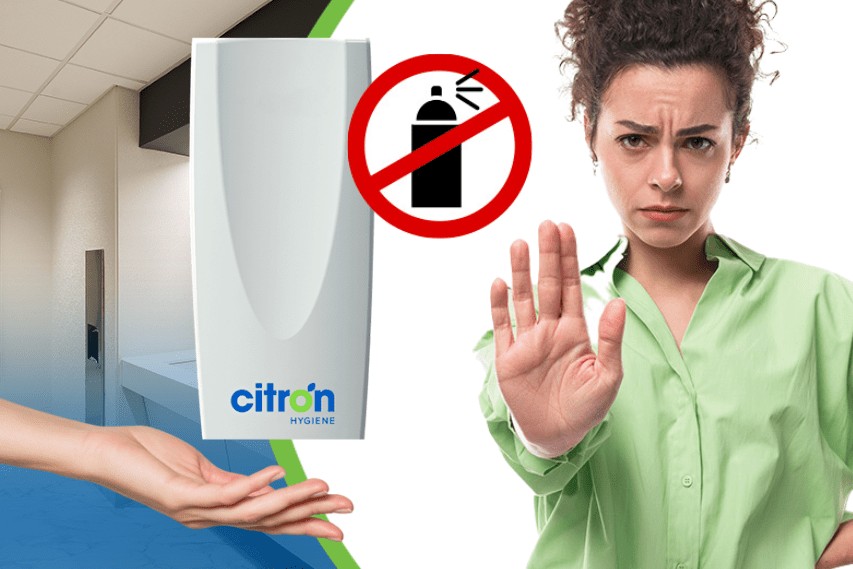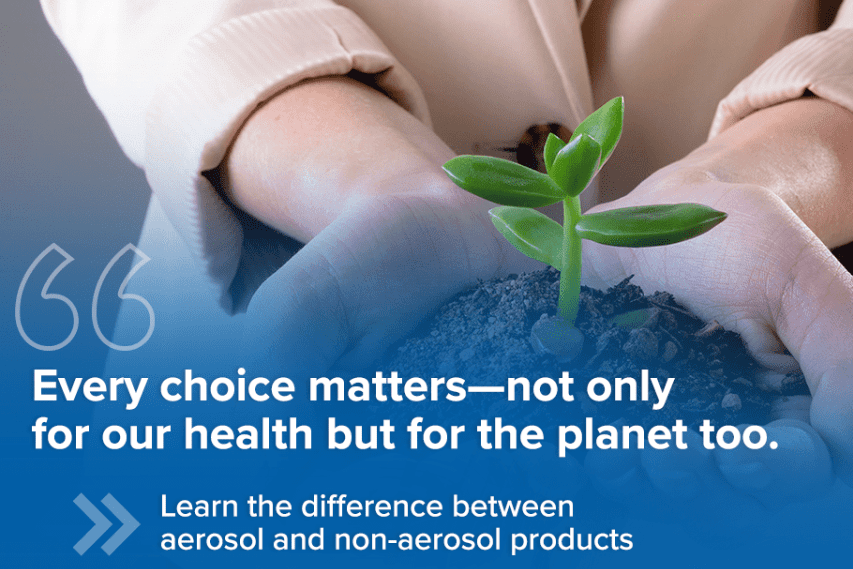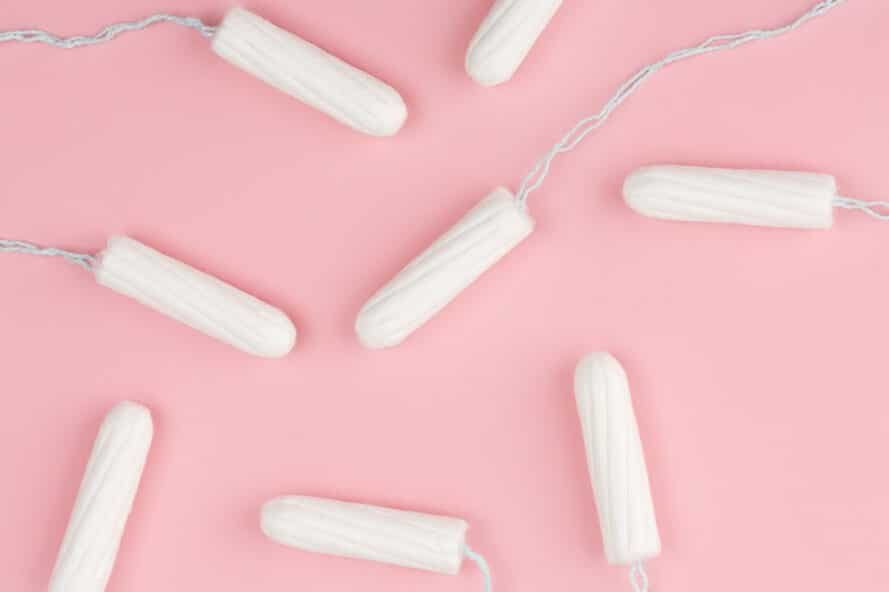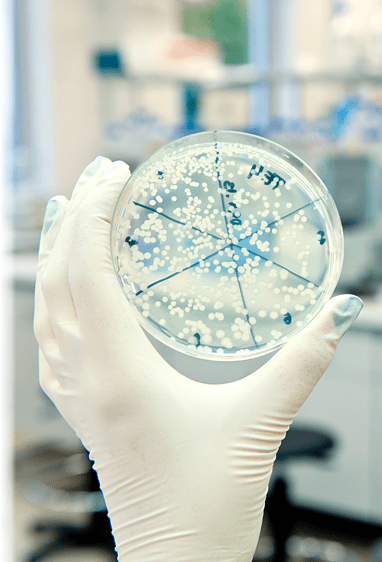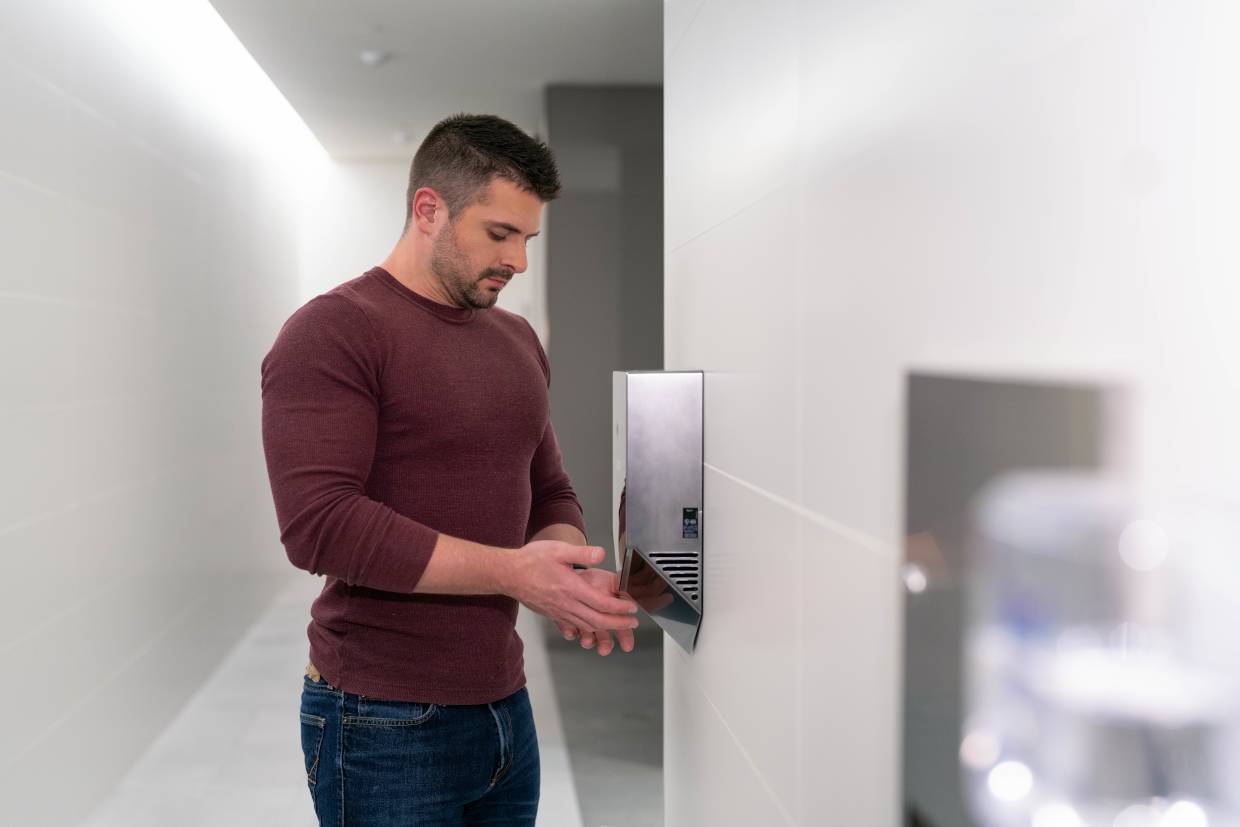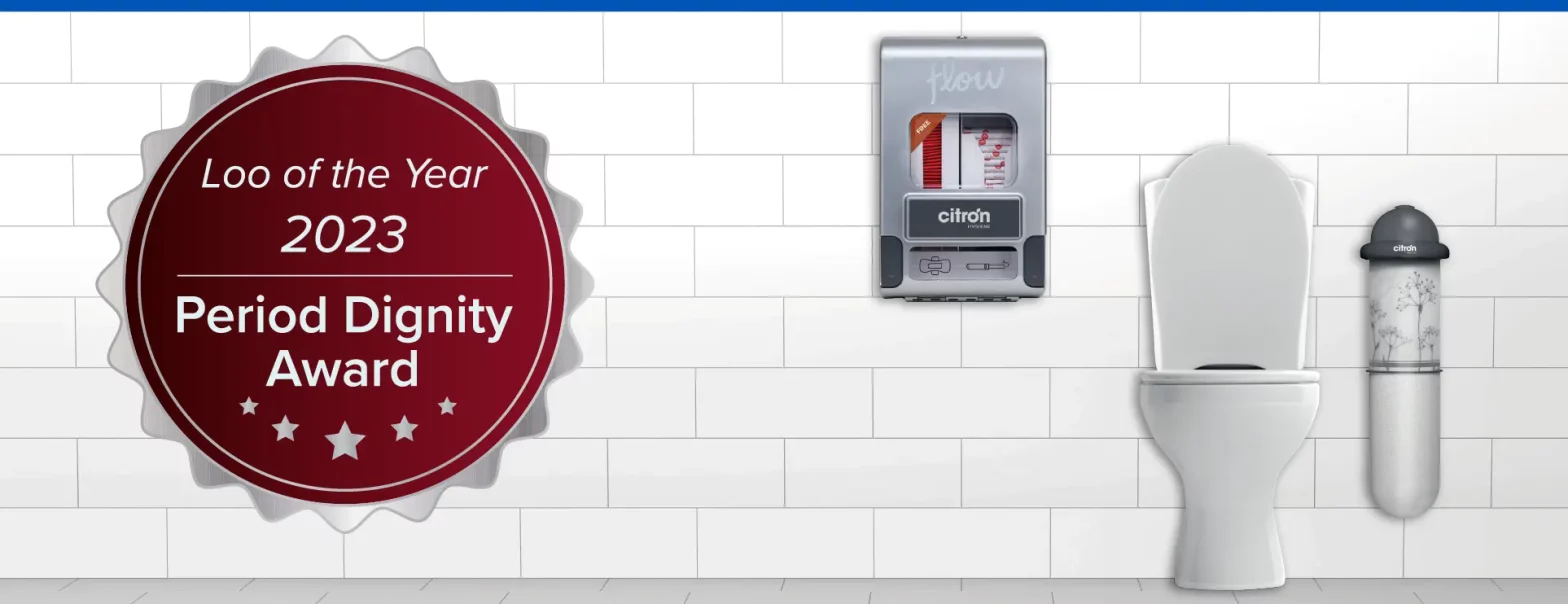In a world increasingly focused on sustainability, health, and well-being, every aspect of our daily lives is under scrutiny. From the food we eat to the products we use, there’s a growing awareness of the impact our choices have on the environment and our health. When it comes to the air fresheners we use in… Continue reading Why Switch to Non-Aerosol Air Fresheners
Why Switch to Non-Aerosol Air Fresheners
